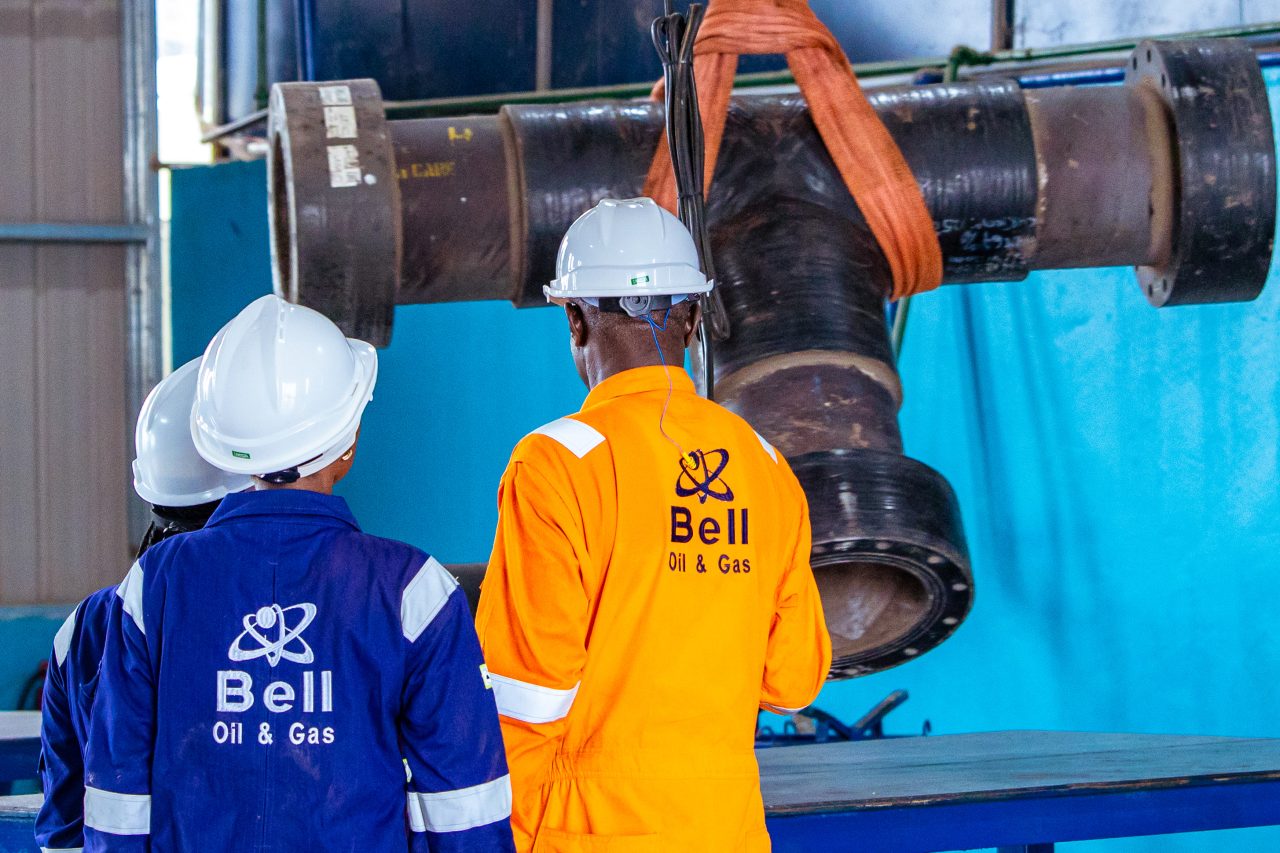
Composite pipe systems have emerged as a vital technology in the oil and gas industry, offering numerous advantages over traditional materials. With the increasing demand for efficient and durable solutions, composite materials are becoming integral to various applications, from upstream extraction to downstream distribution.
What are Composite Pipe Systems?
Composite pipes are made from a combination of materials, typically incorporating polymers reinforced with fibres such as glass or carbon. This hybrid structure allows for a unique set of properties, including high strength-to-weight ratios, corrosion resistance, and flexibility. These characteristics make composite pipes particularly suited for challenging environments, such as those found in the oil and gas sector.
Key Advantages of Composite Pipe Systems
1. Corrosion Resistance: One of the primary benefits of composite materials is their inherent resistance to corrosion. Unlike traditional steel pipes, which are prone to rust and deterioration, composite pipes can withstand harsh chemicals and saline environments, significantly reducing maintenance costs and extending service life.
2. Lightweight: Composite pipes are significantly lighter than their metal counterparts. This feature simplifies transportation and installation, reducing the overall costs associated with rigging and handling.
3. High Strength and Durability: Composite materials offer exceptional tensile strength, allowing them to handle high pressures without failure. This durability is crucial in maintaining the integrity of pipelines that transport oil, gas, and other fluids.
4. Thermal Insulation: Many composite pipes possess excellent thermal insulation properties. This feature helps maintain the temperature of the transported fluids, preventing issues such as hydrate formation or viscosity changes.
5. Flexibility: Composite pipes can be manufactured in various shapes and sizes, providing flexibility in design and installation. Their ability to bend without breaking allows for easier routing through complex terrains.
6. Reduced Environmental Impact: Composite materials often have a lower environmental footprint during production and disposal compared to metals. Additionally, their resistance to corrosion means less risk of leaks and environmental contamination.
Applications in the Oil and Gas Industry
Bell Oil & Gas (BOG) has been at the forefront of revolutionizing Nigeria’s oil and gas industry, and one of the key areas where it shines is in the field of Composite Pipe Systems (CPS). Composite pipes, renowned for their lightweight, corrosion resistance, and durability, are transforming the global oil and gas landscape, and BOG has positioned itself as a leader in this innovative technology.
Composite pipe systems are utilized across various segments of the oil and gas industry:
1. Production and Gathering Lines: In upstream operations, composite pipes are increasingly used for production and gathering lines. Their lightweight nature and resistance to corrosive fluids make them ideal for transporting oil and gas from production sites to processing facilities.
2. Flowlines and Umbilicals: Composite pipes are also suitable for flowlines and umbilicals, which are essential for subsea operations. Their ability to withstand harsh underwater environments and high pressures makes them an excellent choice for deepwater oil and gas extraction.
3. Transport and Distribution: In downstream applications, composite pipes can be employed in the transportation and distribution of refined products. Their resistance to corrosion and thermal stability ensures that transported products remain safe and effective.
4. Chemical Injection Lines: Chemical injection is a critical process in enhanced oil recovery (EOR). Composite pipes are often used for transporting chemicals because they can withstand the aggressive nature of these substances without degrading.
5. Refinery Applications: Within refineries, composite pipes can be used for various processes, including the movement of corrosive fluids and gases. Their durability and resistance to chemical exposure make them suitable for challenging refinery environments.
One of our standout achievements at BOG has been establishing Nigeria’s first composite pipe spooling and pre-fabrication plant located in Port-Harcourt; while a second composite pipe system plant was commissioned in Lagos(2024) and is open for business. Over the years, our engineers, once trained by international experts have progressed to becoming certified trainers themselves. They now train others in composite pipe systems both locally and abroad, ensuring that BOG’s technical expertise continues to grow and influence beyond Nigeria
Composite pipe systems represent a significant advancement in pipeline technology within the oil and gas industry. Their unique properties, including corrosion resistance, lightweight design, and flexibility, make them ideal for various applications, from production to distribution. As the industry continues to seek innovative solutions to meet evolving challenges, composite materials will likely play an increasingly important role in ensuring the safe and efficient transport of oil and gas resources.
BOG isn’t just a service provider, we are pioneers in advancing Nigeria’s journey toward energy independence. Through our leadership in composite pipe systems and the expertise of our certified trainers, we continue to build the future of Nigeria’s oil and gas industry, one project at a time.
For more info contact us at enquiries@belloil.com









